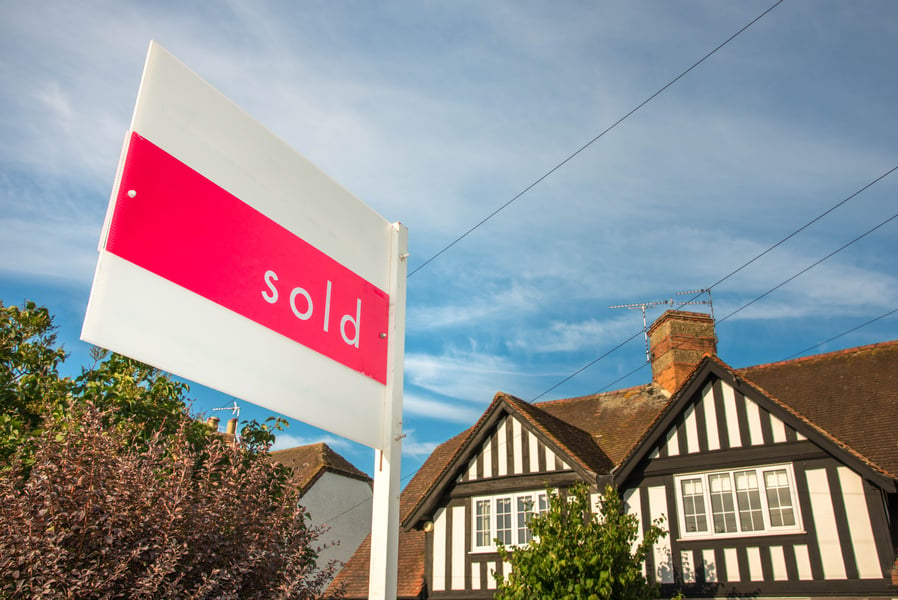Nearly half of over-55s would consider moving if they didn’t face stamp duty.

Scrapping stamp duty for last-time buyers would go long way to encouraging older homeowners to downsize, according to equity release adviser Key.
Its research found that around 15% of over-55 homeowners – the equivalent of 1.2 million people – said they would definitely consider moving if stamp duty was abolished for last-time buyers.
Additionally another 30% said not having to pay stamp duty would influence their decision to move.
Separate research among financial advisers found overwhelming support for scrapping the charge – 77% backing the move.
Will Hale, CEO at Key, said: “While downsizing is an emotive issue, increasingly people are looking at how they find a suitable property to support their later life living needs.
"Whether it is adapting their current property or downsizing to something smaller and more convenience for family and services, all of these choices have financial implications.
“Scrapping stamp duty for last-time buyers would mean that those people who want to move would have one less barrier to overcome as due to the lack of suitable properties finding something in the right location can be costly.
"Indeed, we find that increasingly customers are using equity release to raise additional capital to buy their dream retirement home.
”For wider society, this move would arguably not only mean more families could move into larger homes appropriate to their needs and the property market would receive a boost but would ideally be cost neutral as the increased number of transactions should cover any deficit.”
Stamp duty on residential transactions fell by 10% in the 2018/19 tax year to £8.37bn with part of the decrease due to stamp duty relief for first-time buyers with around 218,900 first-time buyers benefiting.
House owners buying again pay no stamp duty up to £125,000 but then pay 2% on the portion of the house price between £125,001 and £250,000 rising to 5% on the sum up to £925,000 and then to 10% on prices up to £1.5m.



